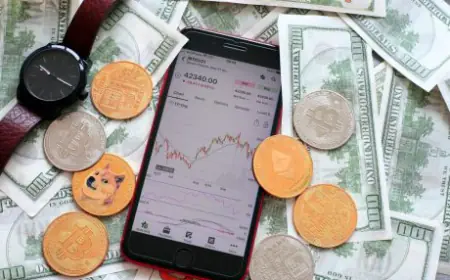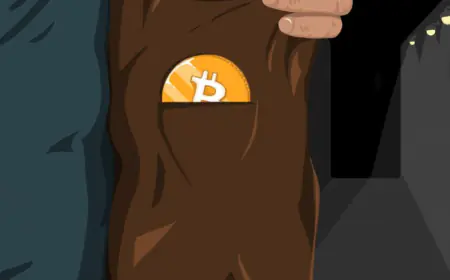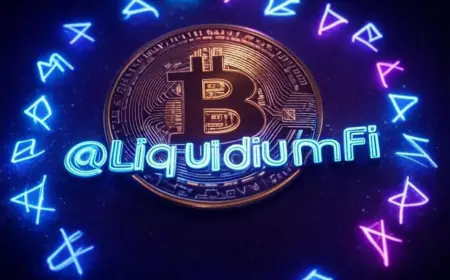Binance discontinues support for Bitcoin Ordinals on its NFT
Binance, one of the most important cryptocurrency exchanges, reports a major modification in its marketplace of NFTs (Non-Fungible Tokens). According to messages in a blog post, the exchange stopped supporting Bitcoin ordinals on the NFT platform. This followed earlier announcements that the exchange promised to clean up its product offering and improve user experience. End […]

Binance, one of the most important cryptocurrency exchanges, reports a major modification in its marketplace of NFTs (Non-Fungible Tokens). According to messages in a blog post, the exchange stopped supporting Bitcoin ordinals on the NFT platform. This followed earlier announcements that the exchange promised to clean up its product offering and improve user experience.
End of trading support for Bitcoin ordinals in Binance
Binance will delist the trading of Bitcoin Ordinals from its marketplace as of April 18th, 2024. Users are urged to comply before the time frame ends. In particular, Binance recommends that users withdraw their Bitcoin Ordinals from the marketplace by at least May 18, 2024. Doing so will be necessary to enable a smooth transition for users and as minimal inconvenience as possible amid this change.
Besides, after the trading support ceases, the company shall cease to honor airdrops, benefits, or utilities associated with Bitcoin Ordinals. This change will require users to act quickly if they desire to safeguard any linked benefits. Surely, the holder of the NFT related to Runestones is advised to withdraw it by the specified date. Binance says it won’t support trading the Runestone NFT on its site.
Background and significance of Bitcoin ordinals
Ordinals are unique digital assets written on a Satoshi; this forms the least fractional division of Bitcoin. Ordinals are the biggest protocol to emerge in early 2023 and are likely to be an NFT favorite from the get-go due to their novel design. Building on top of the SegWit upgrade from 2017, developers figured out a way to encode data onto individual Satoshis, giving them non-fungible qualities, just like regular NFTs. Such inscriptions would find many use cases, from creating digital works of art to being embedded in digital contracts.
The other day, a financial giant Franklin Templeton report pointed to the huge effect of Bitcoin ordinals on the innovation of blockchain Bitcoin. The report has noticed a positive momentum gained by Ordinals, which increased the current trading volume and improved market capitalization compared with NFTs from other networks.
Ordinals, most notably with growing influence, have been critical in the rise of cross-chain marketplace Magic Eden, solidifying a place as a market leader in the NFT space.
The decision by Binance to discontinue Bitcoin Ordinals underscores that the cryptocurrency landscape can be described as very dynamic.
It could, therefore, impact user behavior, reflecting Binance’s commitment to polishing its offering and moving with the fast-changing market trends. Therefore, everyone associated with the crypto industry must remain watchful and adaptive to change dynamics.
And Binance’s decisions to the contrary—stopping support for Bitcoin Ordinals on their NFT marketplace—are but a pronunciation of this kind of commitment to adaptability and optimization.
Users are requested to stick to the timelines and take action to safeguard the assets and benefits linked with them. It is almost as though stakeholders in the broader NFT landscape must remain agile to make hay while emerging opportunities take shape.
What's Your Reaction?









































































































